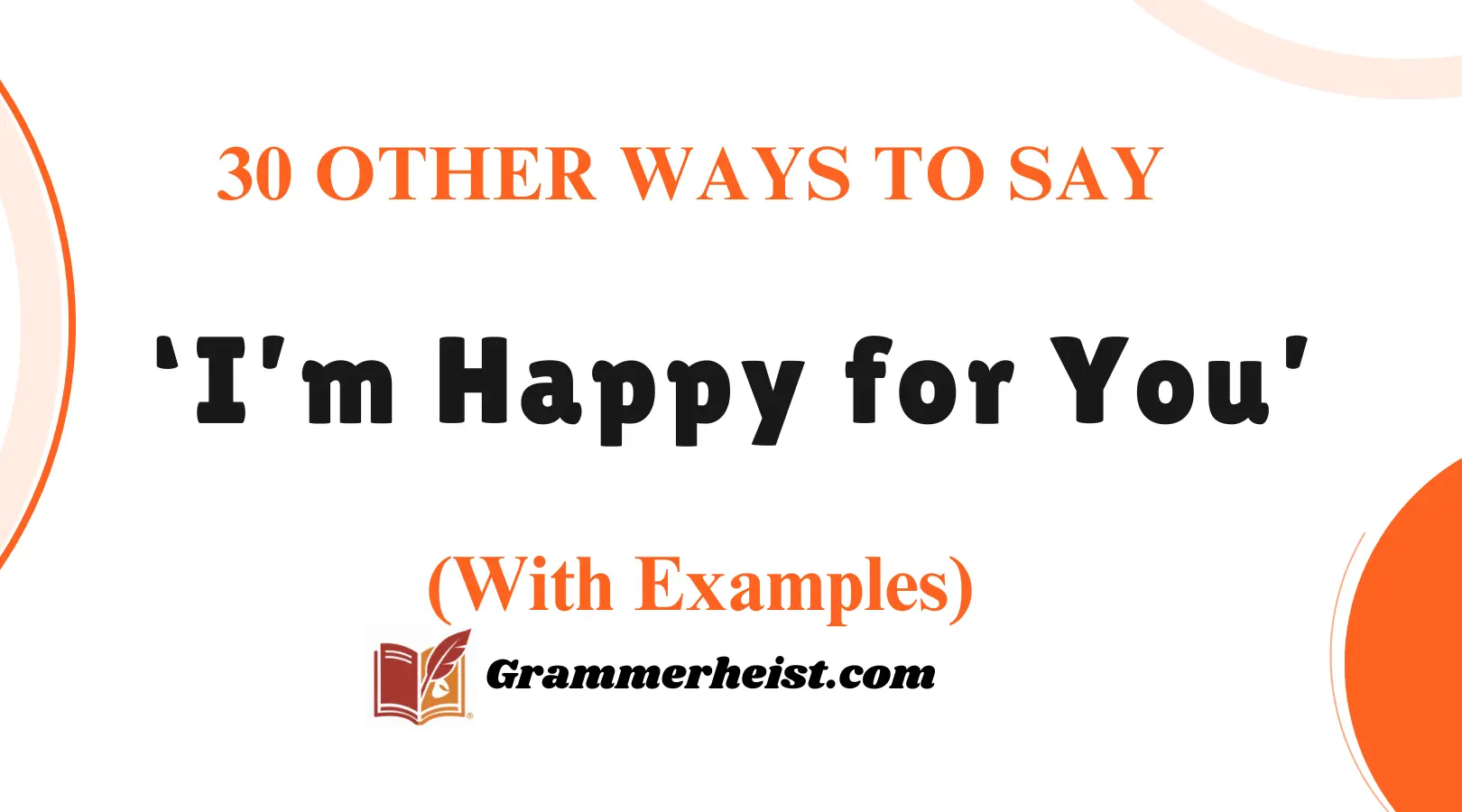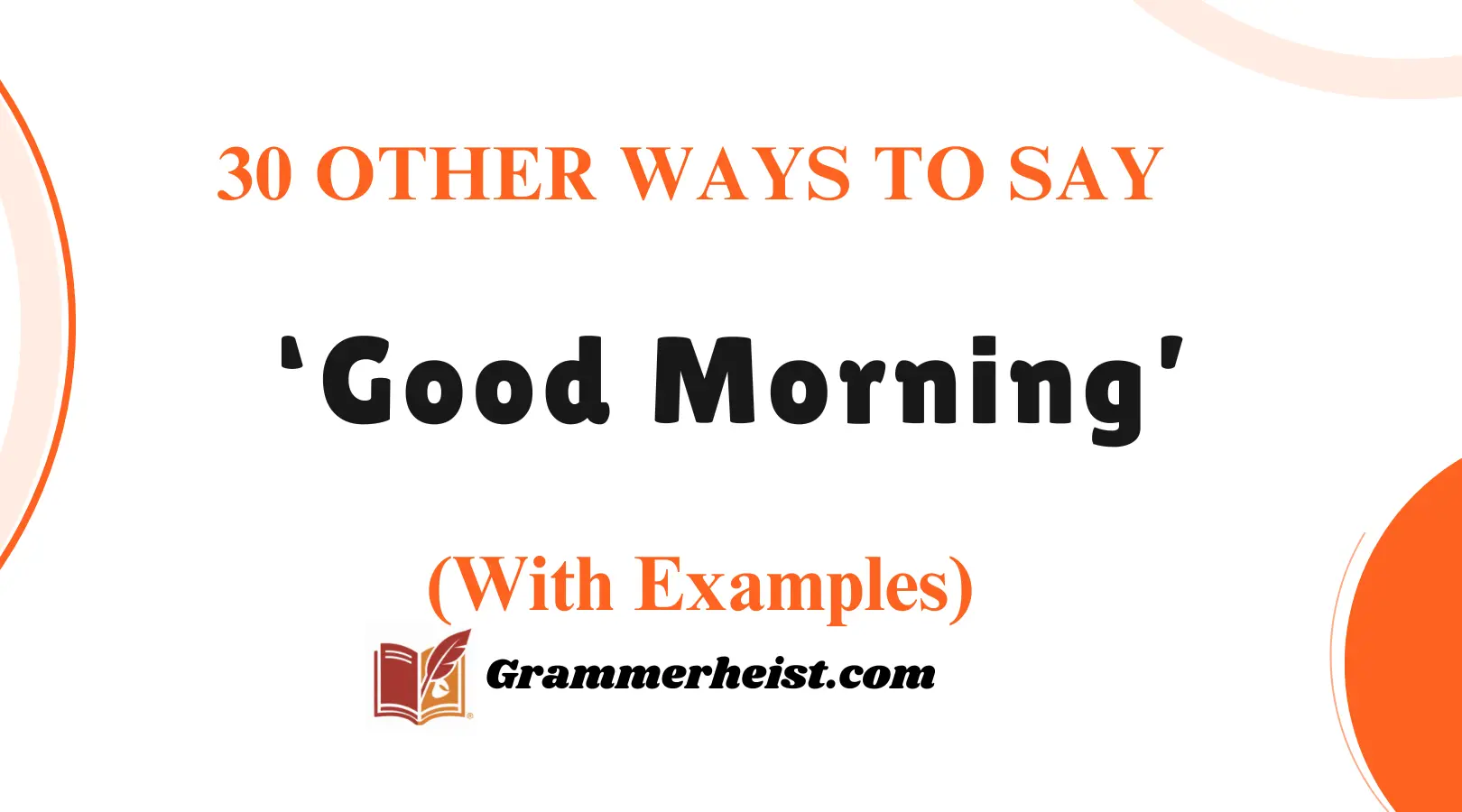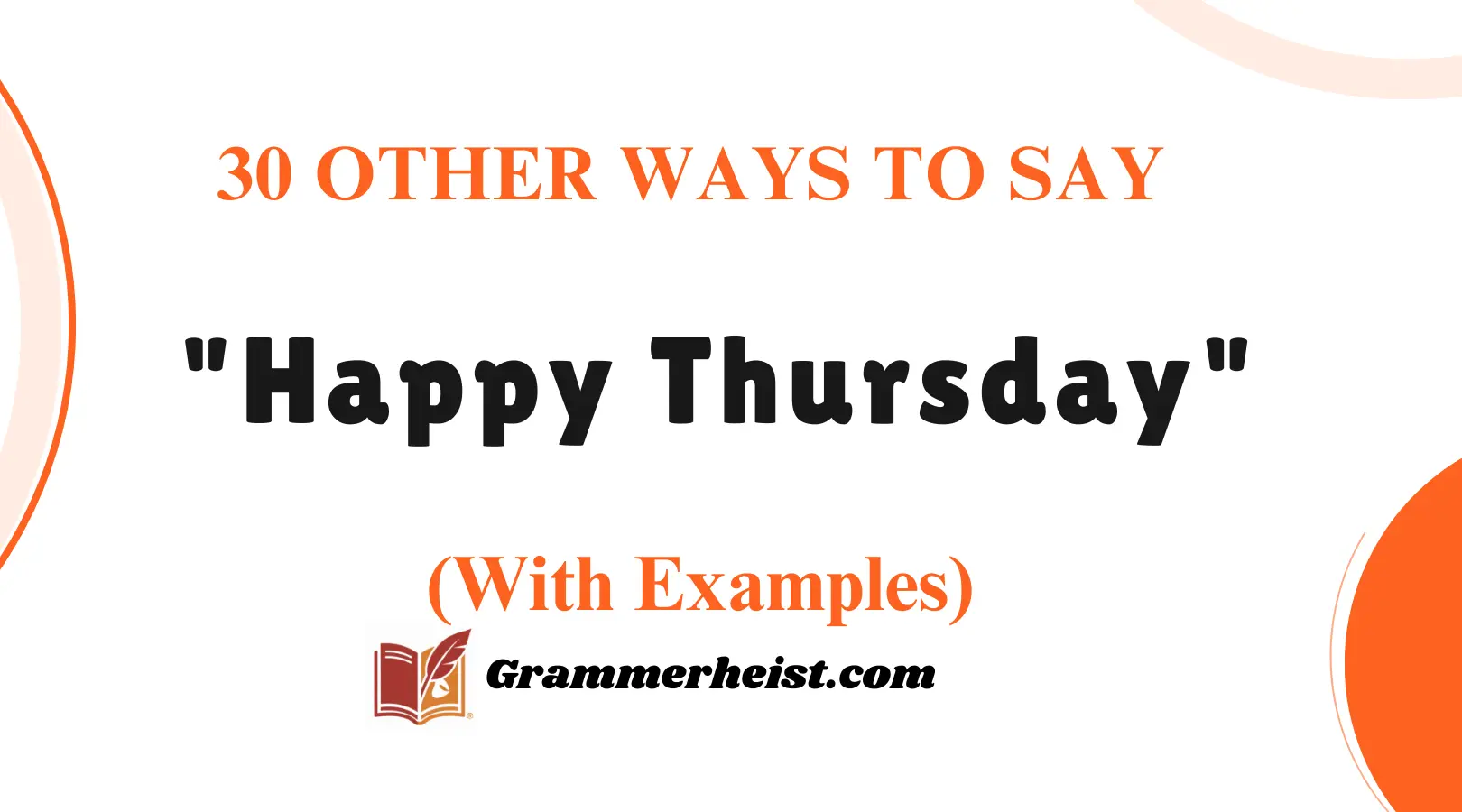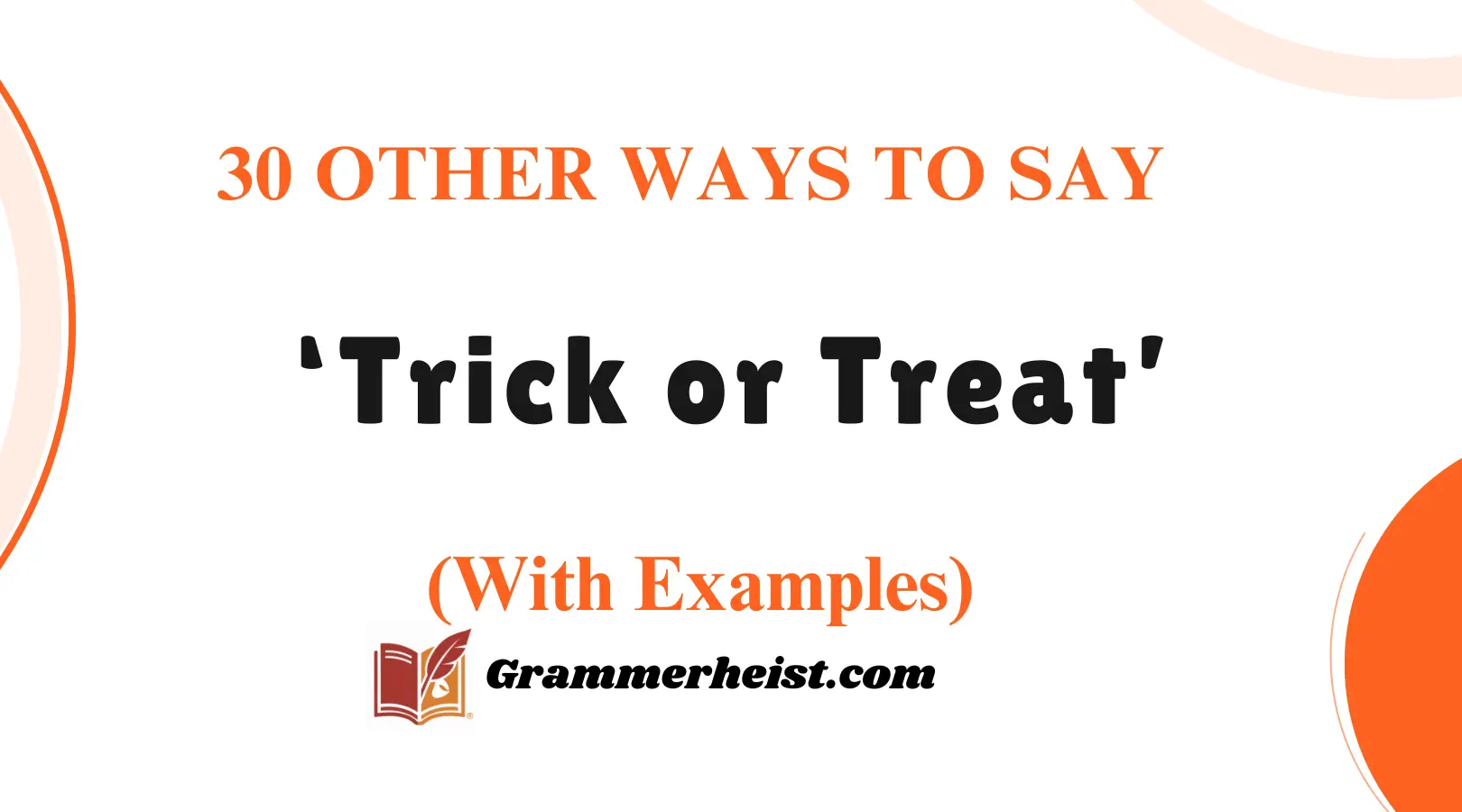Expressing your happiness for someone is a powerful way to show you care and share in their joy. Sometimes, though, the phrase “I’m happy for you” might feel a bit too generic, and you may want to find a more meaningful or personalized way to convey your emotions.
Whether you’re celebrating a friend’s success, a loved one’s achievement, or a colleague’s good news, finding the right words can make the sentiment feel more genuine and heartfelt. In this article, we’ll explore 20 other ways to say “I’m happy for you” with examples, helping you communicate your happiness with warmth, care, and thoughtful phrasing.
What Does “I’m Happy for You” Mean?
“I’m happy for you” is a common expression used to convey your joy and support for someone else’s success or good fortune. It’s an empathetic way to share in their excitement and express that you’re pleased with their achievement. While it’s a simple phrase, its impact is powerful, as it shows you are thinking of them and celebrating their happiness.
Is It Professional/Polite to Say “I’m Happy for You”?
Yes, saying “I’m happy for you” is both professional and polite, particularly when you want to acknowledge someone’s success or accomplishment in a workplace or formal setting. However, the tone of your voice, the context, and your relationship with the person will determine whether it comes across as sincere and appropriate. For example, it’s generally a positive response to a colleague’s promotion or a job well done. However, in a more casual or personal setting, you may want to vary your expression to make it sound more engaging.
Advantages and Disadvantages
Advantages
- Empathy: It shows that you genuinely care about the other person’s happiness.
- Connection: It helps build stronger emotional bonds.
- Encouragement: Your words can inspire the other person to feel even more confident in their achievements.
Disadvantages
- Overused: Saying the same thing repeatedly can sound generic and less sincere.
- Context: In some situations, it may not be appropriate if the other person is dealing with more complex emotions (e.g., a promotion during a difficult time).
Synonyms for I’m Happy for You
- “That’s Wonderful!”
- “I’m So Proud of You!”
- “You Deserve It!”
- “How Exciting!”
- “I Knew You Could Do It!”
- “That’s Amazing!”
- “I’m Thrilled for You!”
- “That’s Fantastic!”
- “I’m So Glad to Hear That!”
- “What a Blessing!”
- “You Did It!”
- “That’s Incredible!”
- “Such Great News!”
- “I’m Over the Moon for You!”
- “That’s Outstanding!”
- “You Must Be So Proud!”
- “What a Milestone!”
- “I’m So Happy for You!”
- “I’m Elated for You!”
- “You’ve Worked Hard for This!”
1. “That’s Wonderful!”
Meaning: Expresses your joy and delight at someone else’s good news or accomplishment.
Definition: A simple and enthusiastic way to express happiness for another person.
Detailed Explanation: This phrase is versatile and can be used in almost any situation where you want to convey joy for someone’s achievement.
Scenario Example: “You got the job? That’s wonderful! I knew you could do it!”
Best Use: Use this when you want to sound warm and positive.
Tone: Bright and enthusiastic.
2. “I’m So Proud of You!”
Meaning: Expresses a sense of pride in someone’s accomplishments, often used by friends, family, or mentors.
Definition: A heartfelt expression of admiration for someone’s achievements.
Detailed Explanation: This phrase not only conveys happiness but also emphasizes that you recognize the effort and determination behind the person’s success.
Scenario Example: “You finished the marathon? I’m so proud of you! You worked so hard for this!”
Best Use: Use this with people you feel particularly close to or when you admire their perseverance.
Tone: Genuine and supportive.
3. “You Deserve It!”
Meaning: Acknowledges that the person has earned their success and is worthy of the happiness they’ve received.
Definition: A phrase that underscores the other person’s hard work or positive qualities.
Detailed Explanation: This phrase shows that you believe the person’s success isn’t a fluke but a result of their deserving efforts.
Scenario Example: “A raise? You deserve it! Your dedication has truly paid off.”
Best Use: Ideal for moments when you want to reinforce that the person earned their success.
Tone: Affirmative and encouraging.
4. “How Exciting!”
Meaning: Captures the excitement of the moment and shows that you share in the enthusiasm.
Definition: A casual expression of happiness that conveys excitement and anticipation.
Detailed Explanation: This is a lively and engaging way to respond to someone’s happy news, ideal for informal settings.
Scenario Example: “You’re moving to a new city? How exciting! I can’t wait to hear all about it!”
Best Use: Great for casual conversations with friends or acquaintances.
Tone: Lighthearted and excited.
5. “I Knew You Could Do It!”
Meaning: Expresses your confidence in the other person’s ability to succeed.
Definition: A statement of belief that the person was capable of achieving their goal.
Detailed Explanation: This phrase is both supportive and reassuring, showing the person that you had faith in their potential.
Scenario Example: “You got into that university? I knew you could do it!”
Best Use: Best used when you’ve encouraged the person along their journey and want to express your pride in their success.
Tone: Affirming and confident.
6. “That’s Amazing!”
Meaning: A reaction of awe and admiration for someone’s achievements.
Definition: A phrase used to convey admiration and astonishment.
Detailed Explanation: This phrase works well when you want to emphasize how remarkable the person’s success is.
Scenario Example: “You’re starting your own business? That’s amazing! I’m so happy for you!”
Best Use: Use this when you want to express awe at someone’s accomplishments.
Tone: Admirative and enthusiastic.
7. “I’m Thrilled for You!”
Meaning: Conveys strong enthusiasm and excitement about the person’s good news.
Definition: A more intense version of expressing happiness, showing genuine joy.
Detailed Explanation: This phrase communicates not just happiness but an elevated sense of excitement for the person’s success.
Scenario Example: “You bought your dream house? I’m thrilled for you!”
Best Use: When you want to show that you’re genuinely excited for someone.
Tone: Passionate and lively.
8. “That’s Fantastic!”
Meaning: Expresses excitement and positive approval of someone’s achievement.
Definition: A more energetic expression of happiness.
Detailed Explanation: Similar to “That’s wonderful,” but with a slightly more energetic tone.
Scenario Example: “You passed your exams with flying colors? That’s fantastic!”
Best Use: When you want to emphasize excitement and approval.
Tone: Excited and energetic.
9. “I’m So Glad to Hear That!”
Meaning: A warm expression that communicates your happiness upon hearing good news.
Definition: A phrase expressing joy about someone’s positive experience.
Detailed Explanation: This is a more intimate way to show happiness, often used when hearing personal news.
Scenario Example: “You’re getting married? I’m so glad to hear that!”
Best Use: Ideal for personal moments, such as engagements, weddings, or family celebrations.
Tone: Warm and heartfelt.
10. “What a Blessing!”
Meaning: Highlights the positive and fortunate nature of the situation.
Definition: A phrase used to emphasize the significance of someone’s happiness or achievement as a gift or blessing.
Detailed Explanation: This expression is often used to convey deep gratitude and joy for someone’s fortune.
Scenario Example: “You’ve been blessed with a healthy baby? What a blessing!”
Best Use: Perfect for moments of great joy, such as the birth of a child or other life-changing events.
Tone: Grateful and reflective.
Read More: Other Ways to Say “Safe Travels” (With Examples)
11. “You Did It!”
Meaning: Celebrates the person’s success and acknowledges their hard work.
Definition: A phrase used to recognize someone’s achievement after they’ve put in effort to reach their goal.
Detailed Explanation: This is an enthusiastic expression that highlights the person’s ability to accomplish something challenging.
Scenario Example: “You passed the final interview? You did it! That’s amazing!”
Best Use: Perfect for moments when the person has achieved something after a long journey or struggle.
Tone: Empowering and celebratory.
12. “That’s Incredible!”
Meaning: Expresses amazement and admiration for someone’s achievement.
Definition: A phrase used when you are truly impressed by the other person’s success.
Detailed Explanation: This phrase emphasizes the extraordinary nature of what the person has accomplished, showing you’re deeply impressed.
Scenario Example: “You’ve run a marathon? That’s incredible!”
Best Use: When you want to express awe at something exceptional or beyond the ordinary.
Tone: Impressed and amazed.
13. “Such Great News!”
Meaning: A positive and encouraging response to someone’s good news.
Definition: A friendly and casual way to express joy about another person’s achievement.
Detailed Explanation: This phrase is lighthearted but still conveys genuine happiness for someone.
Scenario Example: “You’re getting engaged? Such great news! I’m so happy for you!”
Best Use: Great for casual and upbeat conversations.
Tone: Lighthearted and cheerful.
14. “I’m Over the Moon for You!”
Meaning: An enthusiastic expression of extreme happiness and excitement for someone.
Definition: A more playful and elevated way to express joy, often used in very positive situations.
Detailed Explanation: This phrase conveys an intense sense of happiness and excitement, suggesting you’re as happy as possible for the other person.
Scenario Example: “You finally bought your dream car? I’m over the moon for you!”
Best Use: Use this when you’re very excited about someone’s success or when you want to convey your joy in a fun and playful manner.
Tone: Exuberant and cheerful.
15. “That’s Outstanding!”
Meaning: Acknowledges the excellence of the person’s achievement.
Definition: A way to express admiration for something remarkable or impressive.
Detailed Explanation: This phrase conveys respect and admiration for the quality of what the person has done.
Scenario Example: “You completed your thesis with honors? That’s outstanding!“
Best Use: Best for moments when someone has achieved something exceptional or extraordinary.
Tone: Respectful and admiring.
16. “You Must Be So Proud!”
Meaning: Reflects the pride you imagine the other person is feeling for their accomplishment.
Definition: A supportive and empathetic response to someone’s success, acknowledging their personal feelings of pride.
Detailed Explanation: This phrase shows that you are aware of the emotional impact the achievement has on the person, encouraging them to feel even prouder.
Scenario Example: “You completed the project on time? You must be so proud!“
Best Use: Ideal for times when you want to affirm the other person’s emotions and celebrate their pride.
Tone: Supportive and empathetic.
17. “What a Milestone!”
Meaning: Recognizes an important achievement or turning point.
Definition: A phrase used to celebrate significant milestones or key achievements.
Detailed Explanation: This phrase emphasizes the importance of the person’s accomplishment, framing it as a pivotal moment in their journey.
Scenario Example: “You’ve reached your 10-year anniversary at work? What a milestone!“
Best Use: Best used for personal or professional milestones, such as anniversaries or major life events.
Tone: Respectful and appreciative.
18. “I’m So Happy for You!”
Meaning: A simple and sincere expression of joy for someone else’s happiness.
Definition: A straightforward way to convey your happiness and support for the other person’s achievement.
Detailed Explanation: This phrase is warm, sincere, and heartfelt, making it suitable for any occasion where someone shares good news.
Scenario Example: “You’re having a baby? I’m so happy for you!“
Best Use: Perfect for most situations where someone is celebrating good news.
Tone: Sincere and warm.
19. “I’m Elated for You!”
Meaning: Expresses a heightened sense of joy and excitement for someone.
Definition: A phrase that communicates great happiness and enthusiasm.
Detailed Explanation: This expression goes beyond simple happiness, indicating that you’re thrilled by the person’s news.
Scenario Example: “You won an award? I’m elated for you! That’s such an honor!”
Best Use: Ideal for expressing more intense joy and excitement.
Tone: Joyful and elevated.
20. “You’ve Worked Hard for This!”
Meaning: Acknowledges the person’s effort and dedication that led to their success.
Definition: A phrase that shows recognition of the hard work behind the achievement.
Detailed Explanation: This expression shows you understand that the person put in significant effort to reach their goal and that they deserve the success.
Scenario Example: “You’ve been training for months and won the competition? You’ve worked hard for this!“
Best Use: Great for acknowledging someone’s effort, particularly after a long period of hard work.
Tone: Appreciative and respectful.
Conclusion
Incorporating these alternatives to “I’m happy for you” into your conversations can help you express your feelings more sincerely, whether you’re celebrating a personal victory or professional success. Each phrase offers a different nuance, from a simple expression of joy to more heartfelt and thoughtful responses. By choosing words that truly reflect your emotions, you can strengthen your relationships and show genuine support for the achievements of others.

Lexy Summer is a talented writer with a deep passion for the art of language and storytelling. With a background in editing and content creation, Lexy has honed her skills in crafting clear, engaging, and grammatically flawless writing.



